The Five Finalists for this Year’s Prestigious Scotiabank Giller Prize
Recognizing exemplary Canadian fiction.

On November 7, 2022, the 29th winner of the prestigious Scotiabank Giller Prize will be announced. Established in 1994, the prize recognizes exemplary Canadian fiction, awarding $100,000 to the winning author. This year’s Scotiabank Giller Prize jury is comprisee authors Casey Plett, Kaie Kellough, Waubgeshig Rice, Katie Kitamura, and Scott Spencer, who longlisted 14 titles and shortlisted five finalists from 138 submissions. The finalists for this year’s Giller Prize are:
Kim Fu’s Lesser-Known Monsters of the 21st Century (Coach House Books)
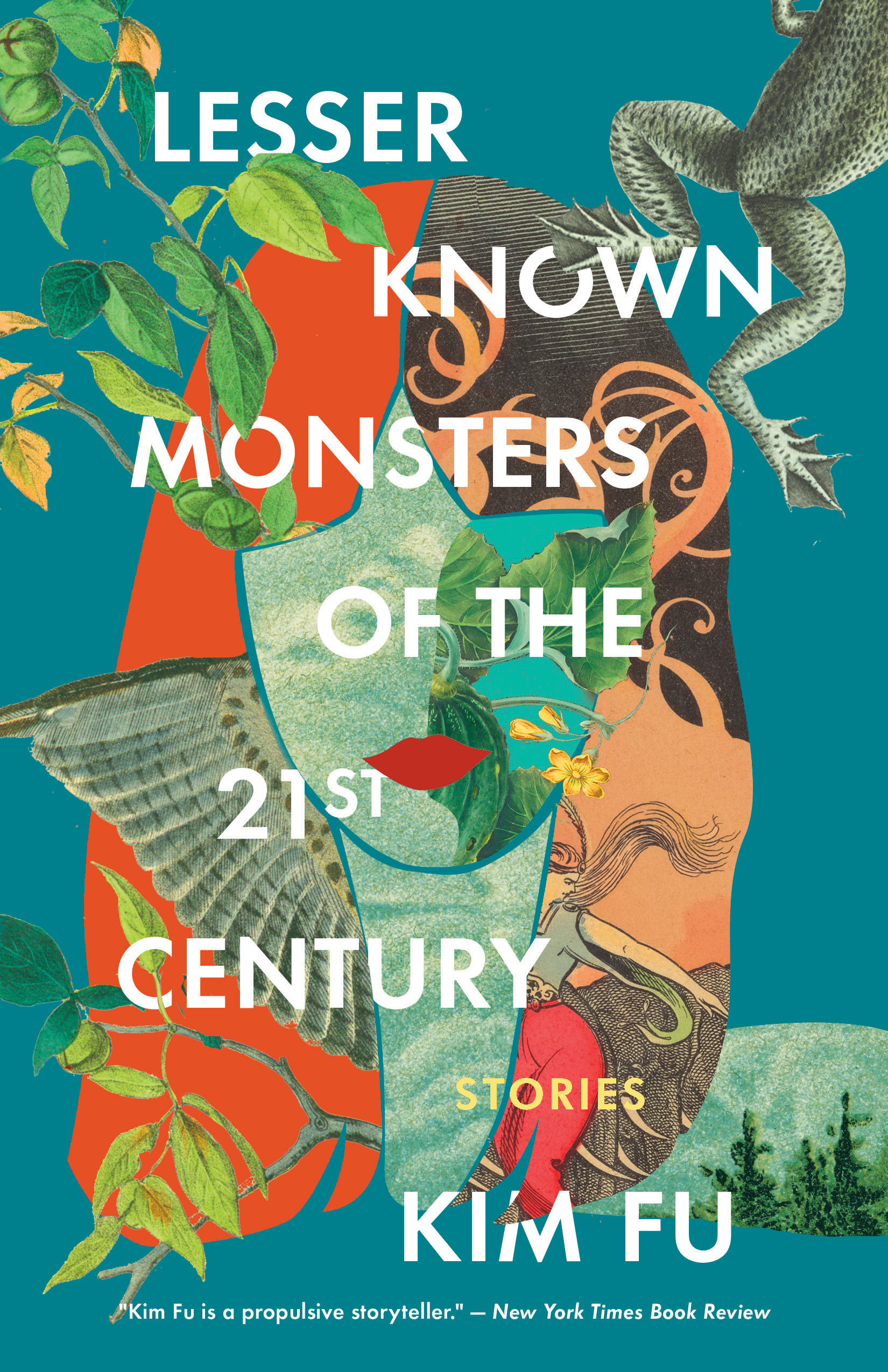
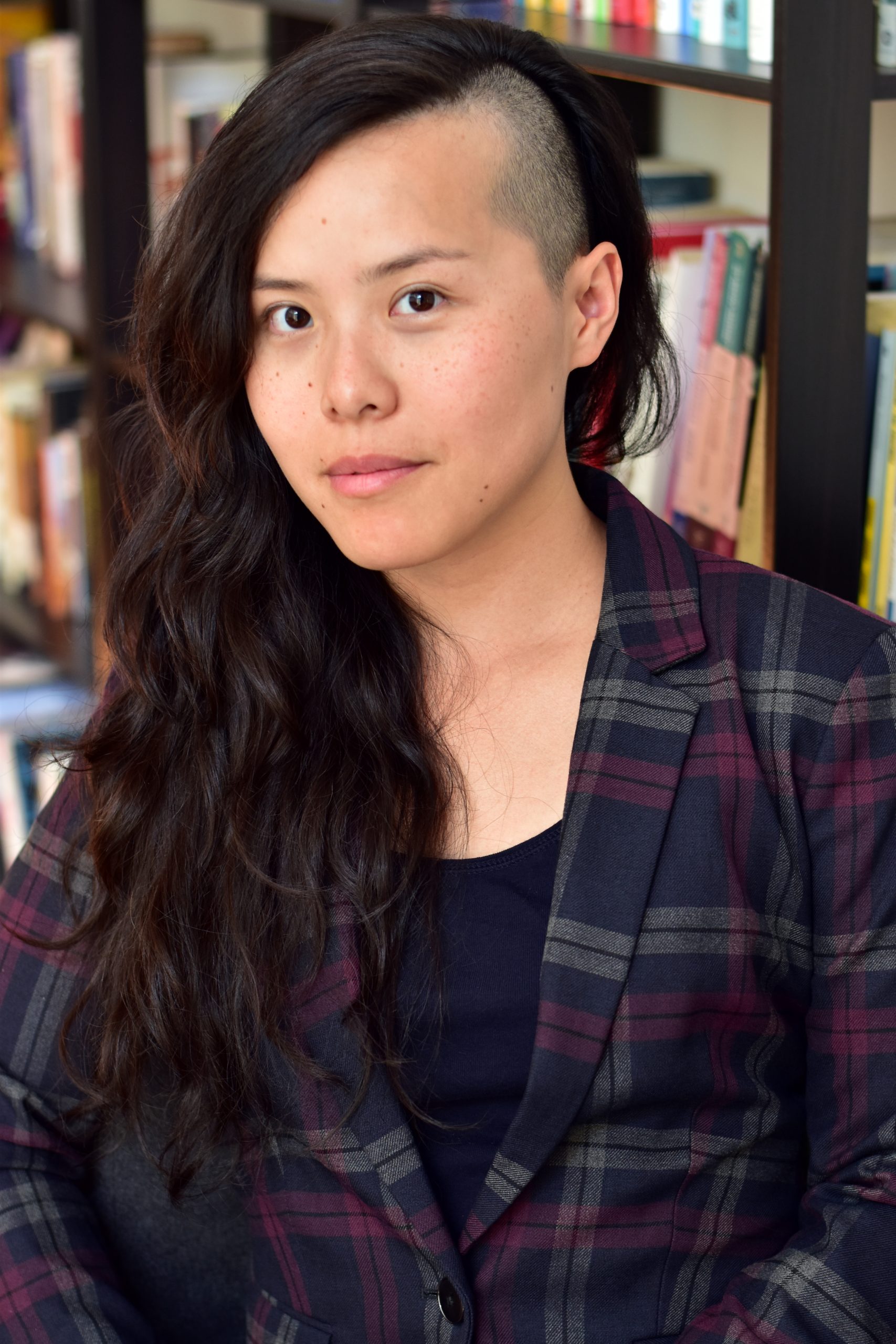
One of two shortlisted short story collections, Lesser-Known Monsters offers a range of speculative and surreal delights. Couples 3D-print themselves into new bodies, young girls grow wings on their ankles, and when a society collectively and inexplicably loses its sense of taste, one mother attempts to recreate the joys of eating food through other senses. Fu is a novelist and poet, also known for For Today I Am a Boy, a trans coming-of-age novel, and The Lost Girls of Camp Forevermore.
Rawi Hage’s Stray Dogs (Knopf Canada)
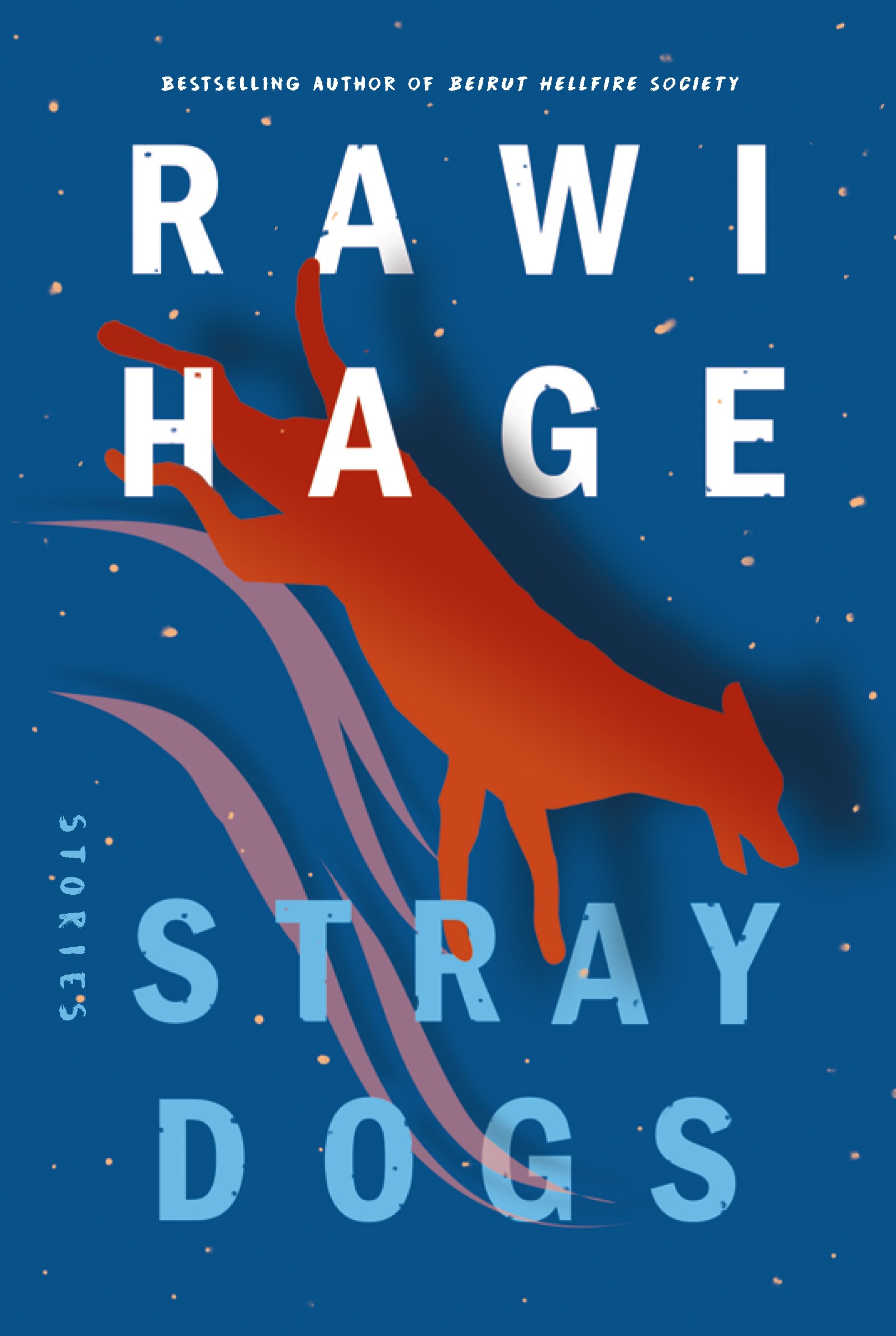

Lebanese Canadian author Rawi Hage’s work has been nominated for a range of prestigious awards, including Rogers Writers’ Trust Fiction Prize and the Governor General’s Literary Award. The stories in Stray Dogs crisscross the globe, charting the uncertainty, arrogance, and unlikely connection in belonging and displacement. The Giller Prize jury praises Stray Dogs for Hage’s “understated and wry” prose and the collection’s “surprising, lifelike inevitability.”
Tsering Yangzom Lama’s We Measure the Earth With Our Bodies (McClelland & Stewart)
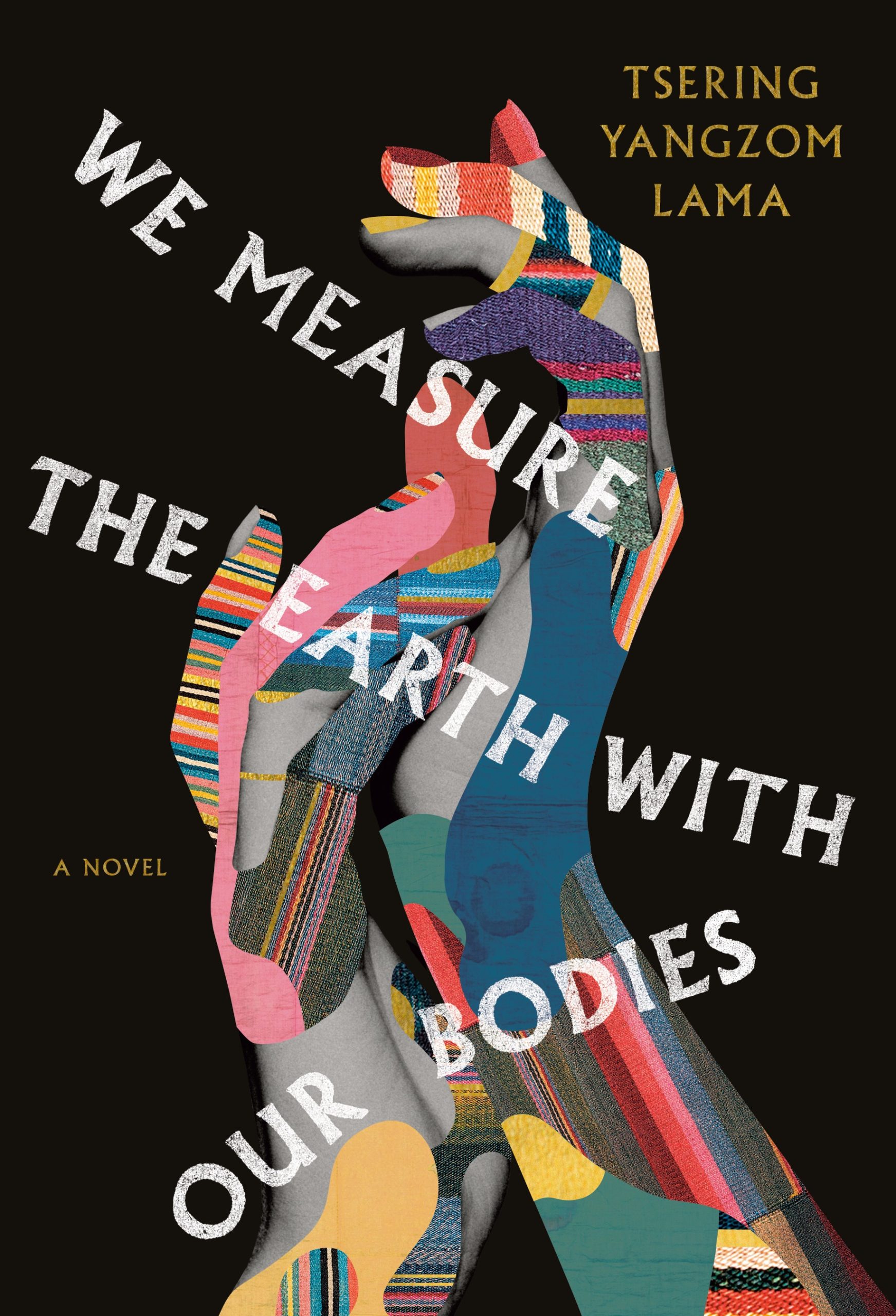

An expansive, intergenerational saga, Tsering Yangzom Lama’s gorgeous debut novel follows one Tibetan family’s 50-year displacement and search for connection in exile. Praising its nuanced insights into colonialism, diaspora, and family, the jury commends how We Measure the Earth With Our Bodies “carefully bears the weight of longing for what once was, and the hope to sustain an uprooted culture still coming to be.”
Suzette Mayr’s The Sleeping Car Porter (Coach House Books)
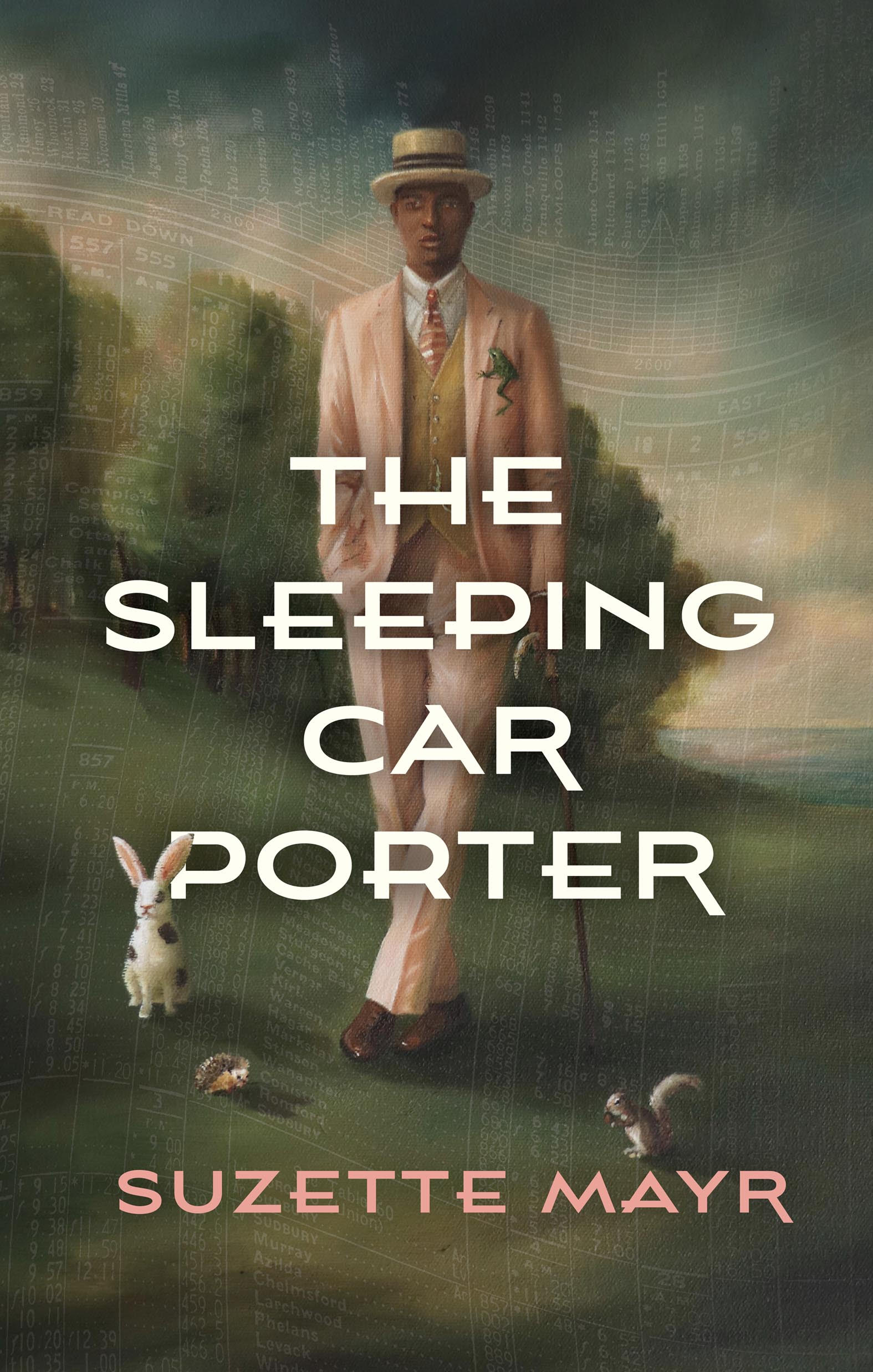

Calgary resident Suzette Mayr is the author of five well-decorated novels. Her sixth, The Sleeping Car Porter, teleports its readers to 1929’s passenger train moving west across the Canadian landscape. The titular sleeping car porter, protagonist R.T. Baxter, a queer Black man, journeys across the country while wrestling with his own carefully concealed desires.
Noor Naga’s If an Egyptian Cannot Speak English (Graywolf Press)
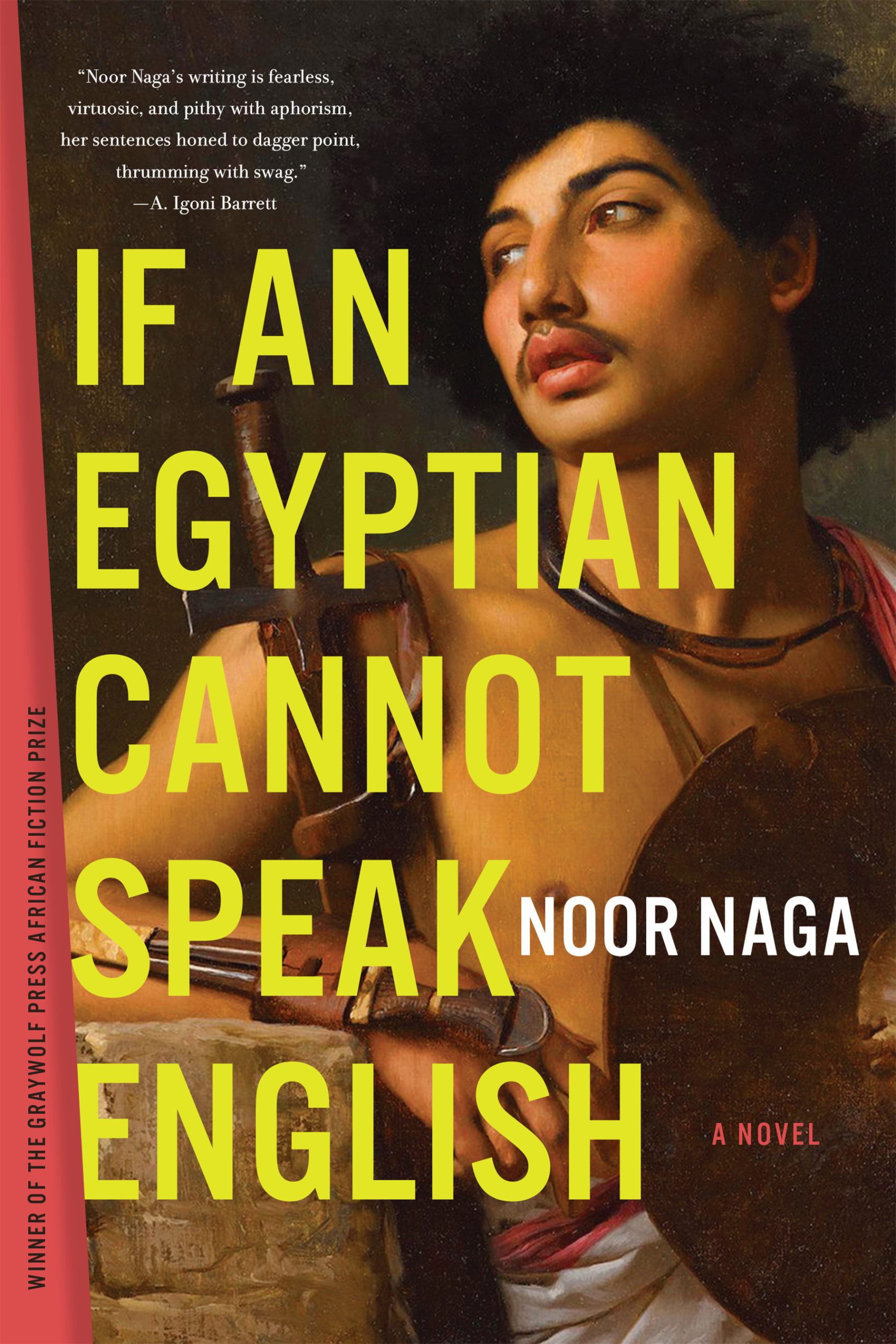

Set in Cairo in the aftermath of the Arab Spring, If an Egyptian Cannot Speak English is centred on an incendiary romance between a revolutionary Egyptian photographer and an idealistic Egyptian American teacher. Recognized by the Giller jury as “a bold writer, unafraid of complexity and complication” and “magician with language,” Alexandrian author Noor Naga has written a stunning, experimental debut that wryly probes assumptions around identity politics.
_________
Titles longlisted for the 2022 Scotiabank Giller Prize include Billy-Ray Belcourt’s A Minor Chorus, André Forget’s In the City of Pigs, Sheila Heti’s Pure Colour, Brian Thomas Isaac’s All the Quiet Places, Conor Kerr’s Avenue of Champions, André Narbonne’s Lucien & Olivia, Dimitri Nasrallah’s Hotline, Fawn Parker’s What We Both Know, and Antoine Wilson’s Mouth to Mouth.




